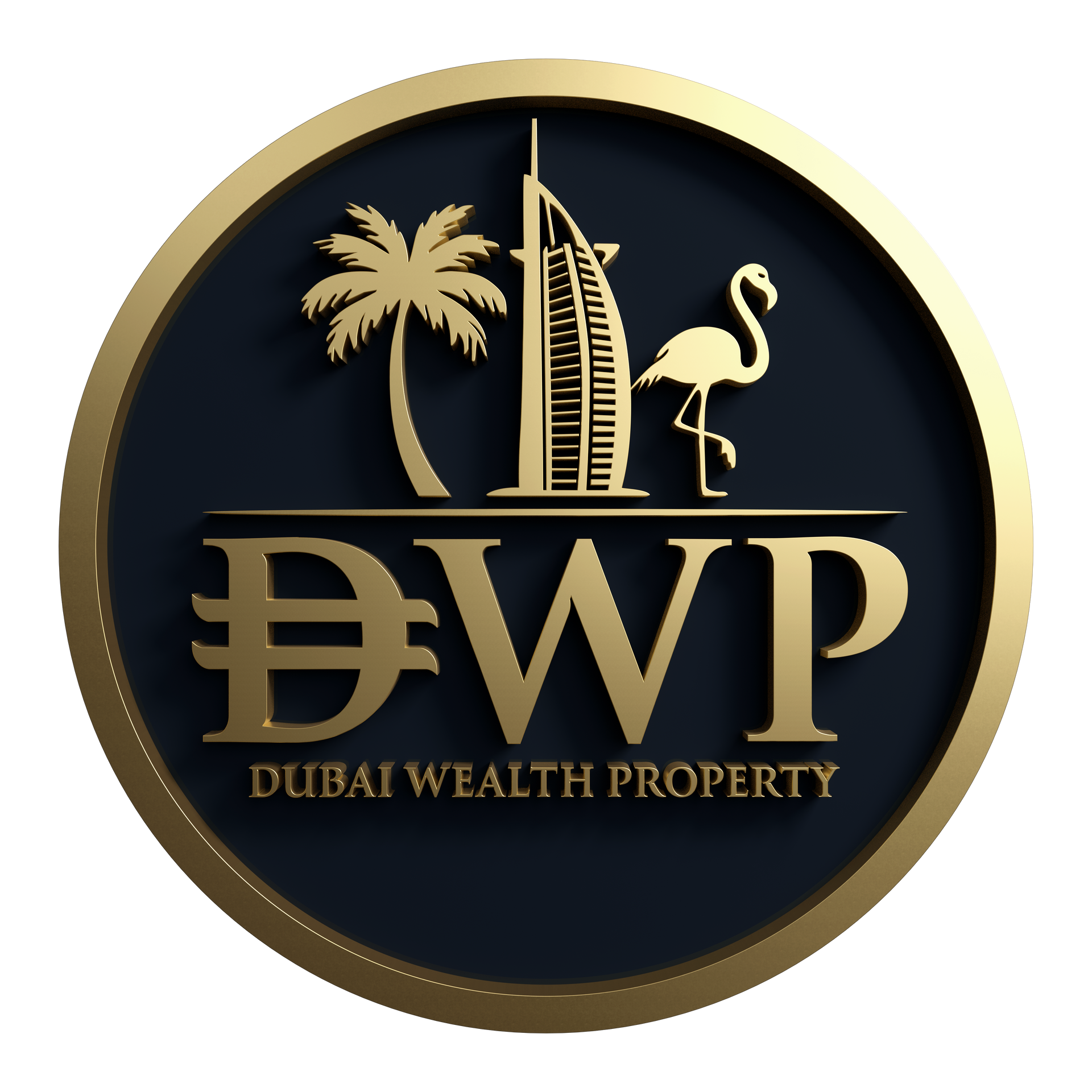FAQs
Taxation & Legal Framework
Is there a tax on rental income in Dubai?
No, Dubai is a tax haven for investors. No property taxes, capital gains taxes, or taxes on rental income. For residents in other countries, local tax rules may apply.
Is there property tax in Dubai?
No, there is no property tax in Dubai. Only a 4% transfer fee at purchase.
Are there capital gains taxes on real estate in Dubai?
No, Dubai does not impose capital gains taxes on property sales, allowing investors to profit fully upon resale.
Can foreigners own property in Dubai?
Yes, in “freehold” areas, foreigners can own properties outright with a transferable title deed.
Do you need to be a resident to invest in Dubai?
No. Non-residents can invest freely, though banking conditions may be more stringent.
Does property purchase in Dubai lead to residency?
Not directly, but investing over 750,000 AED may qualify for an investor visa; investments exceeding 2 million AED can grant a Golden Visa.
Buying Property in Dubai
Should you buy off-plan or existing properties?
Off-plan purchases can lock in lower prices, spread payments, and offer potential appreciation - often more profitable in the medium term.
What documents are needed for remote property purchase?
Typically, a passport suffices. Most transactions are conducted online -contracts, payments, signatures.
How does selling property remotely in Dubai work?
Managed via agents or power of attorney, with digital signatures and secure platforms.
Can you resell an off-plan property before delivery?
Yes, usually after paying about 30-40%, enabling investors to capitalize on appreciation.
What about delays in property delivery?
Even if increasingly rare, delays may happen but funds are protected in escrow accounts. You may halt payments if necessary.
Is there a ten-year structural warranty?
Yes, covering structural defects; installations are generally guaranteed for one year.
How to protect yourself from non-completed projects?
Choose registered developers with a verified track record and RERA approval.
What is an EOI (Expression of Interest)?
A refundable initial deposit to reserve an off-plan property until purchase confirmation.
Financing & Money Transfers
Can you get a mortgage in Dubai?
Yes, banks lend to residents and non-residents, with rates around 4.5-5%. Non-residents typically need a 30% down payment. Banks require the property to be delivered or close to be.
How to transfer funds for property purchase?
Use international bank transfers; platforms like Wise or Revolut offer better exchange rates and lower fees.
Can you pay with cash or cryptocurrencies?
Officially no; however, some developers accept cash or cryptocurrencies like Bitcoin and Ethereum via specialized conversion platforms.
How to open a bank account as a non-resident?
With a valid passport and minimal documentation, Dubai banks are accustomed to foreign investors.
How to address mortgage payment delays or defaults in Dubai property financing?
Contact your lender/developer immediately and explore options for restructuring or selling your property to minimize losses.
Selling, Renting & Managing Property
When Is the best time to resell?
Before project delivery when values are high or after keys are handed over for rental or resale.
How does selling your tenanted property work?
The lease must be honored; having tenants can attract buyers seeking immediate income.
How to rent out property?
Through agencies, with lease contracts via Ejari. Rent payments in one or two installments.
How does property management work?
Managed directly or through agents, typically with 5% (of the rental income) management fees.
Market Trends & Neighbourhoods
Is Dubai a good place to invest in property?
Dubai offers a favorable environment for property investment, with benefits such as zero income tax, a strategic location, and a growing luxury real estate market. The city's appeal to wealthy individuals from around the world has led to increased demand and rising property values.
Which neighborhoods are prime for investment?
Dubai Marina, Downtown Dubai and Business Bay for rentals; Dubai Creek Harbour and Maritime City for capital appreciation.
Which areas are less suitable?
Avoid Deira and International City; focus on well-connected, developing districts.
Is long-term or Airbnb rental more profitable?
Airbnb generates higher income but requires active management. Long-term rentals are more stable.
What are Dubai's demographic and economic trends?
Rapid growth, expanding expatriate population, and diversification make Dubai a dynamic market.
What are the projected trends for Dubai's real estate market in 2025?
Dubai's real estate market is projected to see steady organic growth in 2025, driven by increasing property values and new development projects. Premium segments such as luxury villas, beachfront homes, and penthouses are expected to experience price hikes of 8-10%, especially in sought-after areas like Dubai Hills Estate, Palm Jumeirah, and Jumeirah Golf Estates.
Costs & Responsibilities
What is the average price per square foot for properties in Dubai?
As of mid-2025, the average price per square foot for properties in Dubai ranges between AED 1,100 to AED 1,400, depending on the location, property type, and project status (off-plan vs. ready). Premium areas like Downtown Dubai, Palm Jumeirah, and Dubai Marina typically command higher rates, while emerging communities such as Dubai South or Dubailand offer more affordable options.
What are the main costs when buying?
4% transfer fee + 5,000 AED administrative costs.
What are the annual ownership costs?
Maintenance fees of 10-30 AED/ft²/year, plus upkeep costs, generally affordable.
What insurance should non-resident owners have?
Liability and homeowner’s insurance are recommended for protection.
